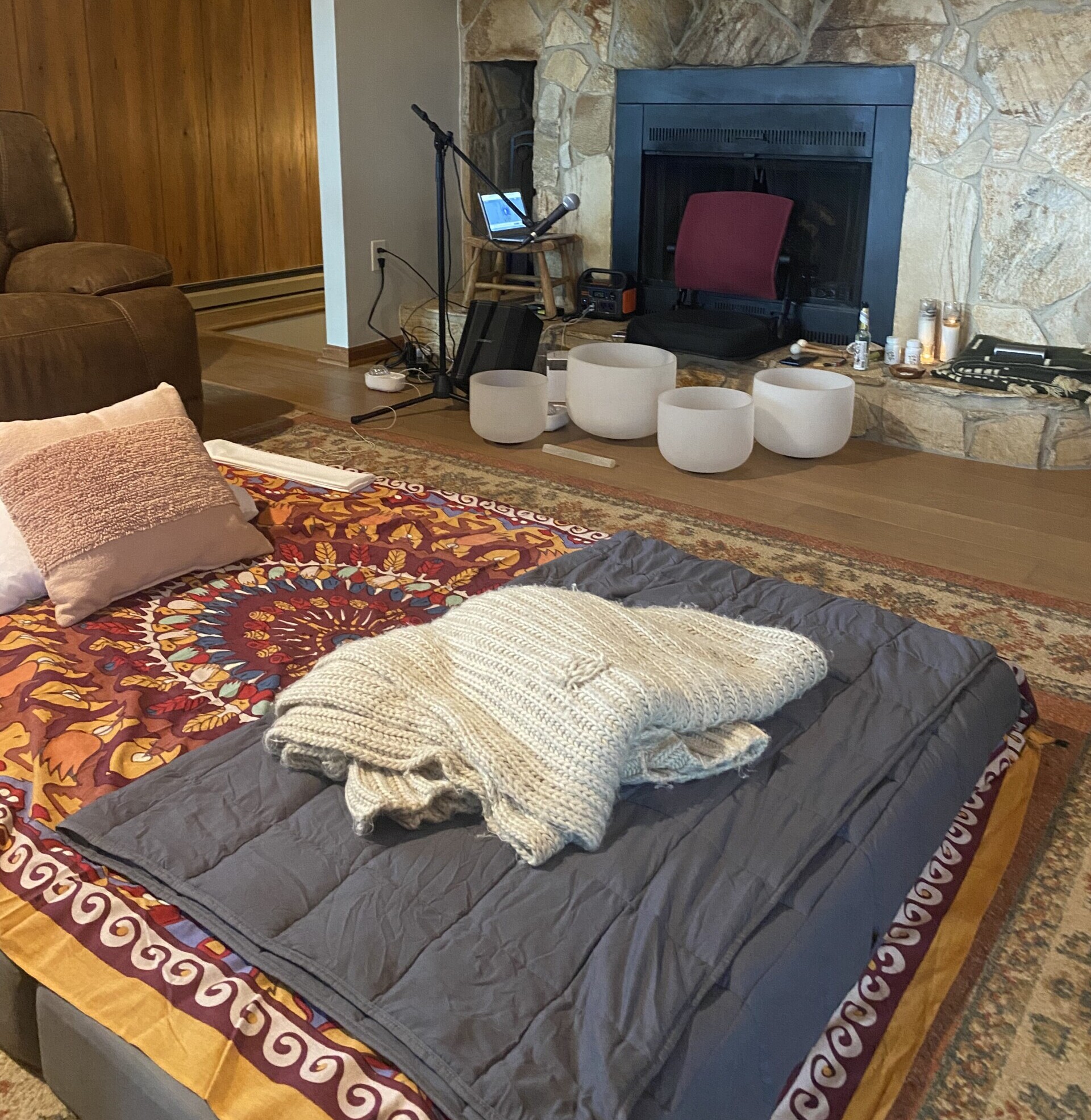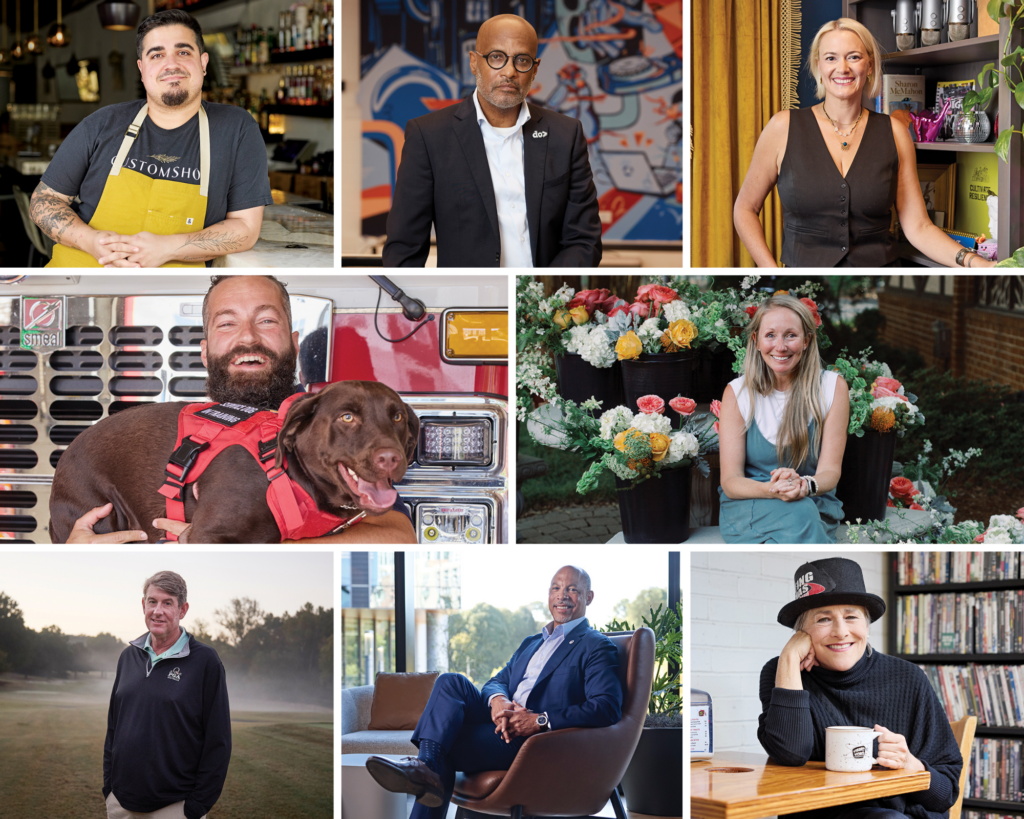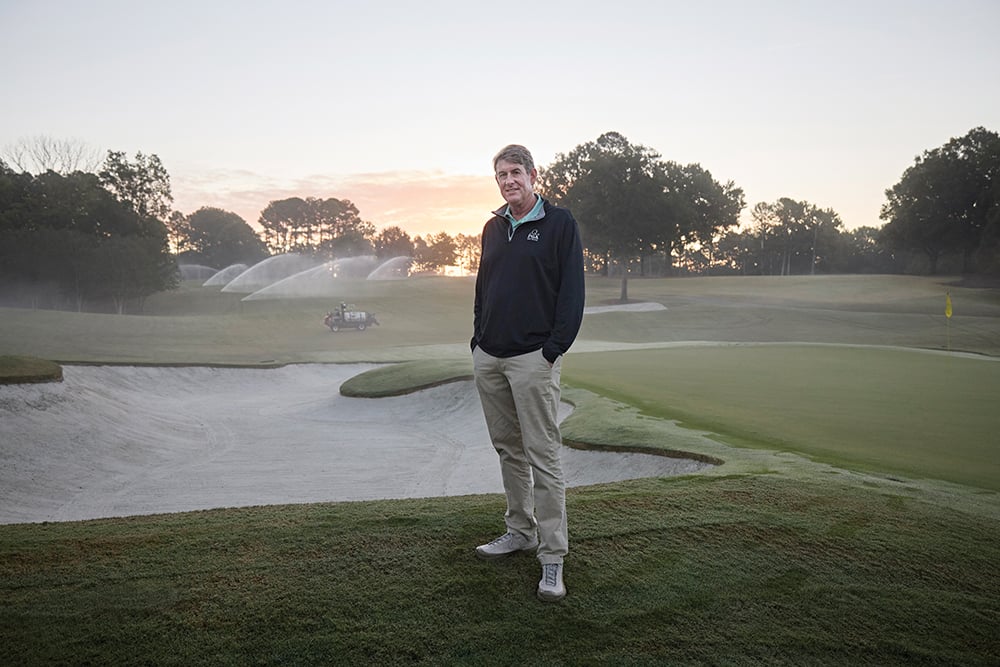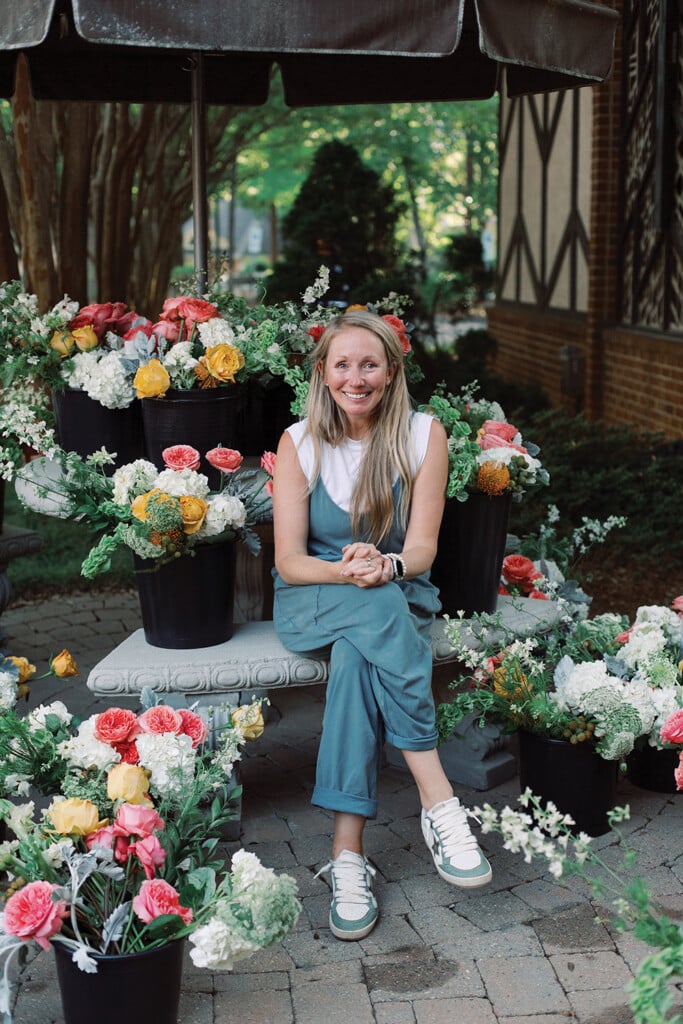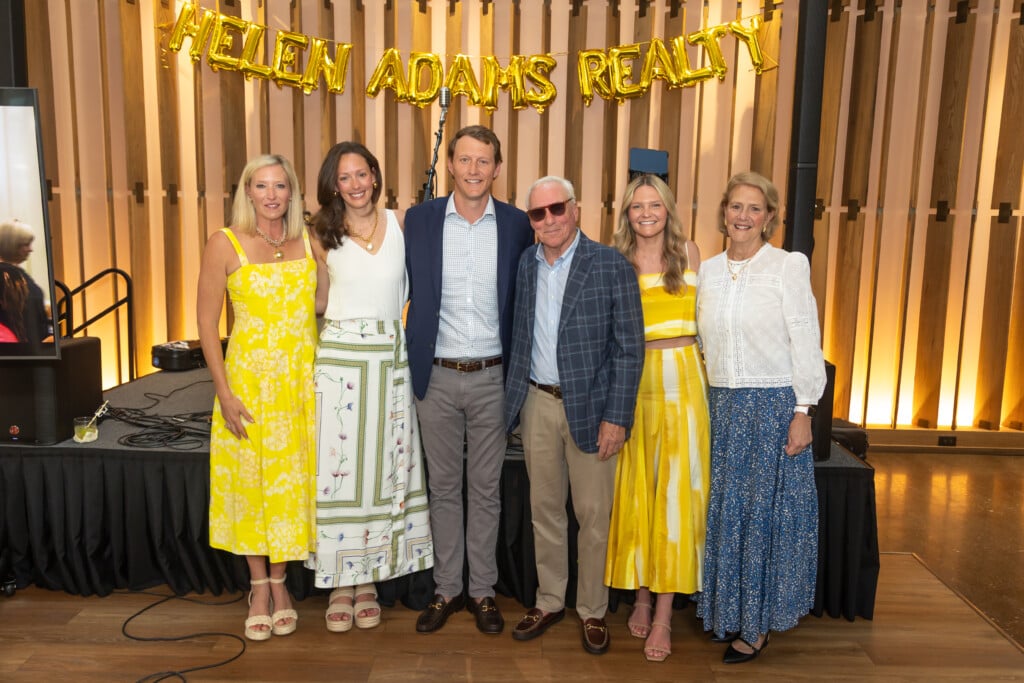The Pursuit of Wellness: Psilocybin Treatment
The psychedelic that gives mushrooms their magic can help heal our deepest wounds, too
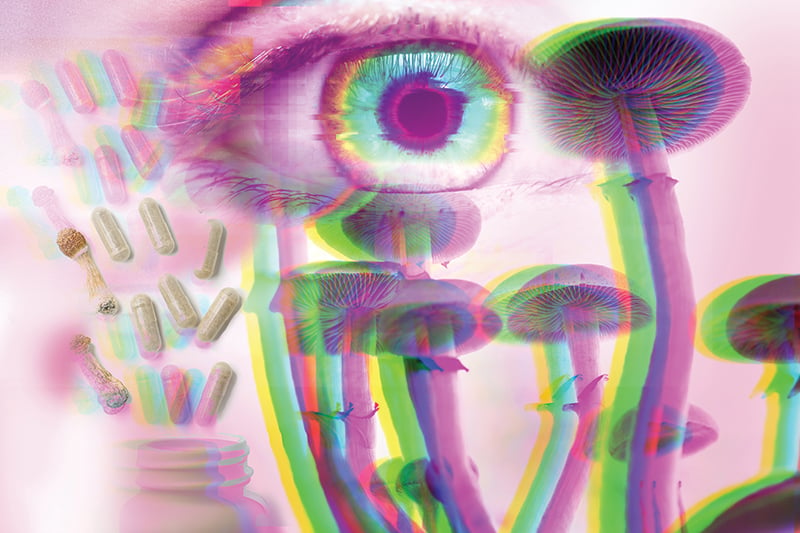
Last year, I went on a two-day therapeutic psilocybin retreat. I had never taken a psychedelic in any form, so the idea terrified me. I feared falling into a torturous hallucination I couldn’t escape. But my desire to be the mother my children deserve, and my hope to grow past my emotional plateau of simply functioning, overcame my fears.
Over the course of two days, I spent 10 hours hallucinating. I saw people who had caused me great harm, and as I pleaded with them to explain why they did the things they did, I began to hear them as an echo from behind me. When I turned around, I saw people I loved and had hurt crying the same plea. I saw people I felt chained to permit me to cut myself free.
At different points, I laughed out loud or sobbed so intensely, I worried the providers would stop the session and pull me out of it. They didn’t. My fear of getting stuck in the hallucination, unable to tell what was real and what wasn’t, turned out to be unfounded. At all times, I knew that I was hallucinating. It was like watching a movie.
Psilocybin, the natural psychedelic in certain mushroom varieties, causes hallucinations, feelings of euphoria, and even what users have described as “spiritual experiences.” The U.S. government classified it as a controlled substance in 1970. But it’s reemerged after clinical research that found psilocybin can alleviate symptoms of PTSD, help longtime smokers quit, ease anxiety in cancer patients, curb alcohol abuse, and relieve depression.
With just one or two doses administered in a therapeutic setting—typically lying down, eyes closed, and with a provider present—study participants have reported symptom relief that may last up to one year. In brain imaging, researchers can see the growth of new neural pathways and reduced connections associated with depression. Put simply: If depression is a traffic jam, mushrooms can build new roads that open things up.
Like many, I’ve experienced a hefty amount of trauma and therapy. Until a few years ago, I would have told you I was fine. But a numb, generally vacant existence can masquerade as “healed.” Those who love me, people I was either hurting or walling off, would not have described me as that.
Treatments that help others tend to fall flat on me. So it’s remarkable that my psilocybin experience has been everything researchers report it to be. I found an out-of-state provider that had registered as a church, which secured federal protection of its freedom to administer its “sacrament”—in this case, mushrooms.
In the months that followed that weekend retreat, I felt a new sense of calm and contentment. During my intake session, I told the staff that one measure of success would be if I no longer felt the urge to run away when my child physically clung to me. Because of the trauma I carried, I have little patience for neediness. Post-psilocybin, I didn’t suddenly become cuddly. But when one of my children reached for me, it no longer sparked panic in my body. And guess what? Once they sensed they could reach me if they needed me, they were no longer so clingy.
I’m not without struggle or reaction. But I have an awareness of my reactions that puts some space between them and me. My triggers are still there, but I see them as such. My feelings don’t rule me. The fight-or-flight part of my brain has lost its leadership. It still casts a vote, but it’s no longer speaker of the house.
My facilitators recommended that I stop taking antidepressants two days before the retreat, as psilocybin can be most effective when it’s not competing with other medicines. (My doctor also cleared me to do so.) This was not my intention, but I haven’t resumed taking them. Anyone who works in therapeutic psychedelics will tell you psilocybin treatment is not for everyone or a cure-all. But while I used to claim I was “fine” and healed, I know now that we’re never done. And I’m at peace with that.
